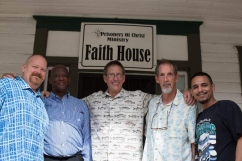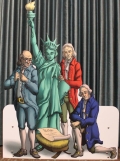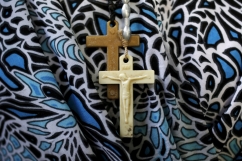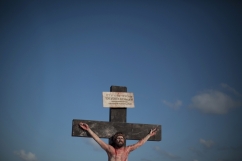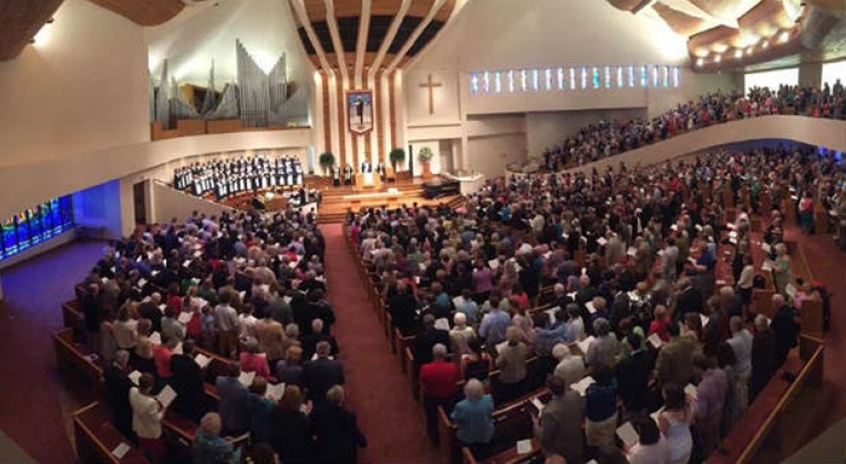
Should Christians be worried about the supposed "rise of the nones," or the increasing number of people who do not believe in God, as shown by a recent survey by the Pew Research Center?
For academic and author Arthur Brooks, the numbers showing more and more people not believing in any form of religion do not mean that Christianity is on the verge of a collapse.
Citing religion scholar Rodney Stark's book "The Triumph of Faith" released last year, Brooks ruled out a large shift in religion in the near future.
"As you can guess from the title, he (Stark) doesn't agree with the conclusion that many are drawing from the Pew paper," Brooks said in an article in The Gospel Herald.
The academic was referring to a poll conducted last year by the Pew Research Center which showed that almost one in every four or 23 percent of Americans identify themselves as atheists, agnostics, and individuals who think their religion is "nothing in particular."
This number is a significant increase from the figure in 2007, when only 16 percent of adults in the United States identified themselves as non-believers.
Brooks clarified that he is not disputing the Pew Research survey. He nevertheless noted that while the number of officially "unaffiliated" Americans, Church attendance did not at all drop significantly in the U.S.
What can explain these seemingly contradictory developments? Brooks once again turned to Stark's book, which states that almost all of those who identified themselves as "nones" were already not attending Church services, while still holding on the label that they are Christians.
"If Stark is right, the recent 'rise of the nones' may not imply anywhere near the cataclysmic collapse in the American practice of Christianity as has often been claimed," Brooks, who has a bachelor's degree in economics and a master's degree in policy analysis, explained.










